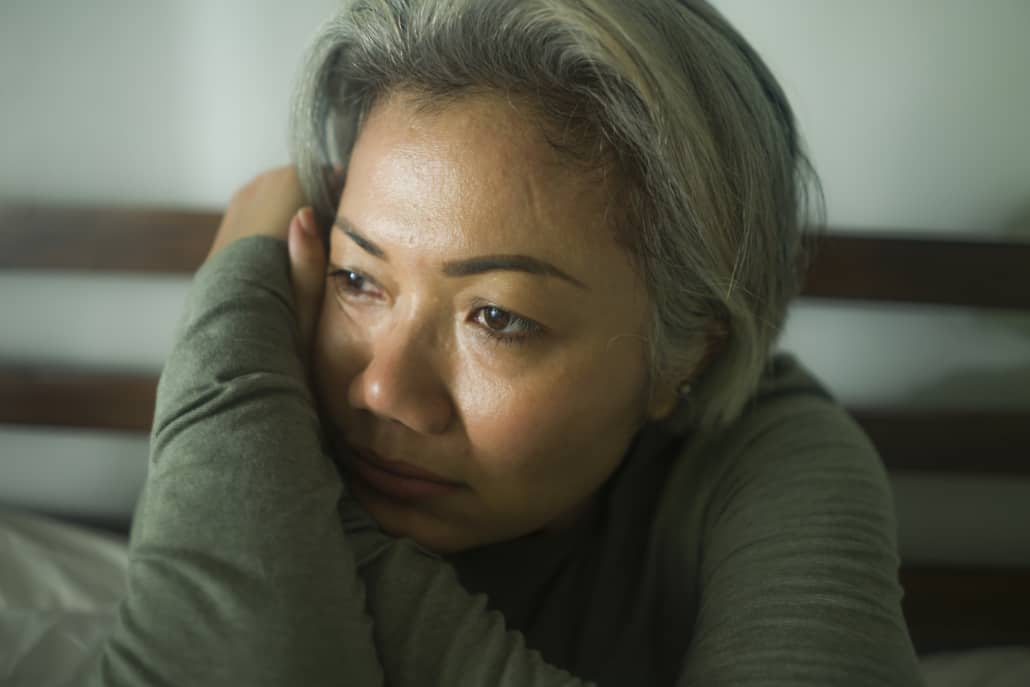Anxiety
Treatment for Anxiety
Anxiety is a common mental health disorder that affects millions of people worldwide. While it can be a normal reaction to stressful situations, excessive or persistent anxiety can significantly impact an individual’s quality of life. Fortunately, there are various treatments available, including psychiatry.
Psychiatry is a medical specialty that focuses on the diagnosis, treatment, and prevention of mental health disorders. A psychiatrist is a medical doctor who is trained to assess and manage mental health issues through various treatments, including medication, therapy, and counseling. In treating anxiety disorders, psychiatrists utilize a range of strategies, depending on the severity of the condition and the individual’s unique circumstances.
Medication is one of the primary treatments that psychiatrists use to treat anxiety. There are several types of medications that are commonly used to treat anxiety, including antidepressants, benzodiazepines, and beta-blockers. Antidepressants are typically used for long-term treatment of anxiety disorders, as they can take several weeks to reach full effectiveness. Benzodiazepines are fast-acting and are usually used for short-term treatment of severe anxiety or panic attacks. Beta-blockers are used to manage physical symptoms of anxiety, such as rapid heartbeat and sweating.
Psychiatry for Anxiety
Psychiatrists may also recommend lifestyle changes to help individuals manage their anxiety. For example, regular exercise and a healthy diet can improve overall well-being and may help reduce symptoms of anxiety. Additionally, avoiding alcohol and caffeine, which can exacerbate anxiety symptoms, may also be recommended.
In addition to medication and psychotherapy, psychiatrists may recommend alternative treatments, such as meditation, yoga, or acupuncture, which have shown promise in reducing anxiety symptoms. These practices can help individuals achieve a sense of relaxation and calm, which can improve their mental and emotional well-being.
In conclusion, psychiatry is an essential tool for treating anxiety disorders. Psychiatrists can provide a comprehensive assessment of an individual’s mental health, including a diagnosis of anxiety disorder, and create a personalized treatment plan that may include medication, psychotherapy, lifestyle changes, and alternative treatments. With the right treatment, individuals with anxiety disorders can manage their symptoms and improve their quality of life.



